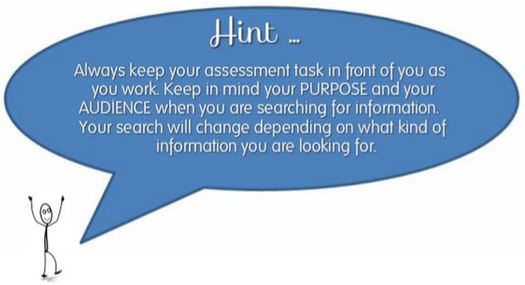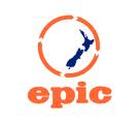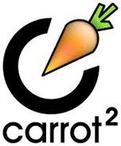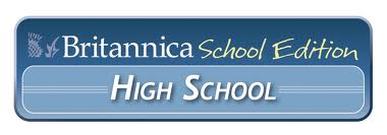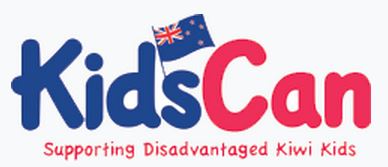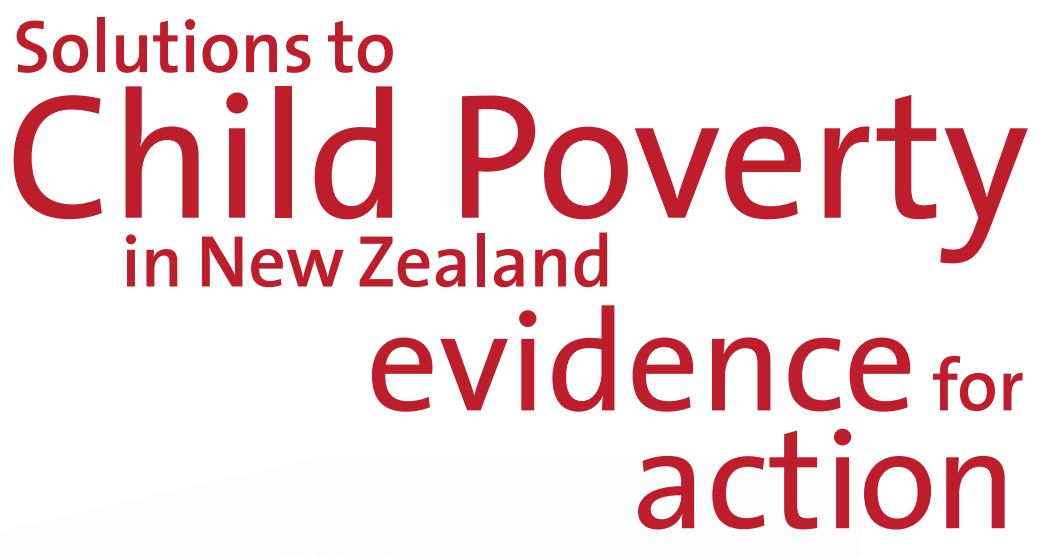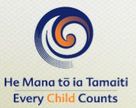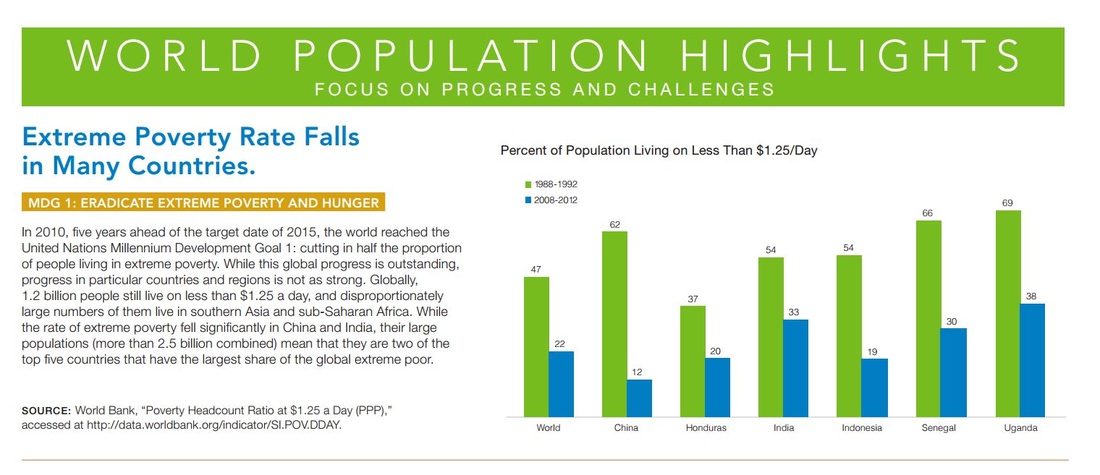Welcome to the
English Information Literacy: Poverty
page to support the assessment provided to you by your teacher
Where do I start?
You will need to use a variety of resources to complete this assessment task. This includes both:
CHSLibrary staff have curated (brought together) some print resources for you which are held at the Library Desk for you to use. Your teacher may borrow these on behalf of the class or send you over to use them.
- print resources (printed books, journals, articles)
- digital resources (web searches, databases, online encyclopaedias, YouTube, documentaries).
CHSLibrary staff have curated (brought together) some print resources for you which are held at the Library Desk for you to use. Your teacher may borrow these on behalf of the class or send you over to use them.
|
Navigate to the Library Catalogue tab above and choose your own search using your chosen keywords. Please ask if you are unsure where these books are located - Library Staff are here to help.
|
A quick way to find out more about Poverty is to do an internet search but remember to think critically about which websites you use. For example, newspaper websites written by journalists are probably more reliable than Wikipedia.
Using a clustering search engine such as Carrot2 rather than relying on a JGI (Just Google It) approach is a more time effective strategy. You will still need to assess the websites you find for suitability but it clusters the results in a meaningful way that can provide additional feedback as well as a more comprehensive search of the web. Assess your sites using the CRAP test. :)
Using a clustering search engine such as Carrot2 rather than relying on a JGI (Just Google It) approach is a more time effective strategy. You will still need to assess the websites you find for suitability but it clusters the results in a meaningful way that can provide additional feedback as well as a more comprehensive search of the web. Assess your sites using the CRAP test. :)
What sites to use to help you research:
|
EPIC lets you access up-to-date full text articles covering a huge range of subjects.
Use EXPLORA via EPIC for articles. Use POWER SEARCH via EPIC for international articles. Think about some of the keywords you have decided on during your planning. E.g. try: Poverty "New Zealand" |
Search our CHSLibrary Catalogue. Navigate to the Library Catalogue tab above and go into Oliver or click here. It will automatically log you in.
Many Answers is a fabulous site where Librarians around the country have put together search strategies and excellent websites on topics you need.
This is the sister site to the Any Questions service available to students every day between 1-6pm where you can ask a Librarian any homework/research related questions. |
Use this carrot2 searching tool to find information on your topic. Click on FOAM TREES to see a visual representative of your search.
Think about your search terms before you begin. Use "quotation marks" to keep your search terms together in the search. Assess each site using the CRAP test. Sites ending in .edu are generally educational sites, .org means it is an organisation and if it is reputable could be a useful source, .gov or .govt are generally written by a governmental agency. |
Online encyclopaedias to try:
|
Encyclopaedia Britannica High School Edition
No username and password required with this special link |
Click here to search Stuff (The Press newspaper + others)
|
Click here to search the New Zealand Herald newspaper
|
Other websites to try for a New Zealand perspective:
|
Click here to an overview from KidsCan
|
|
|
|
|
Other websites to try for an international perspective:
|
Click here for information from the CIA on population below the poverty line, listed by country
|
Click here for poverty facts and stats from the Global Issues site
|
Click here for information about poverty in the UK from Unicef
|
Click here for information from Poverty.com
|
Click here for a good snapshot of how poverty may have contributed to the Baltimore riots recently
|
|
|
|
|
Referencing your work using APA style
Remember, you need to produce your own work and say (cite) where it came from. A great tool for this (using the APA referencing style) is RefMe. This tool also has Android and iPhone apps which makes using it very easy. I have added a YouTube video below that walk you through this very simple process. Please remember to select APA style from the drop-down list.
RefMe has a Chrome extension which you can load onto you toolbar and add your references from there. VERY SIMPLE!
Watch the tutorial below and create an account. It can be used on any device with your login.
Watch the tutorial below and create an account. It can be used on any device with your login.


